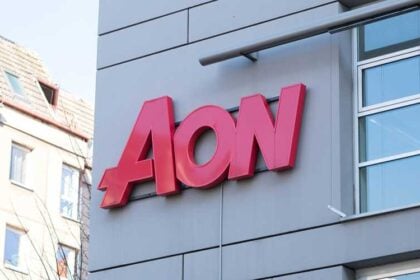Yesterday, B&T ran an opinion piece from MAW Communications creative partner Michael Willcocks on flexibility in the workplace and, why, it’s not always the right option for agencies. Today, Nancy Hromin, the principal of Culture Zone, says, if you look at the facts, then giving your staff flexibility actually brings home the benefits in spades…
I must admit, I thought I might have been reading something out of a Mad Men script circa 1950s when reading the opinion piece of the Creative head of MWA communications that was posted yesterday.
There are literally hundreds of extensive studies and research out of Harvard, MIT, Sloan School of Management and Cambridge to name a few that make a direct correlation to workplace productivity and workplace flexibility. You only have to google it to get the data. How can it be that people still say this stuff with such conviction?
The business environment has changed significantly since Mr Willcocks was a young ad man. In terms of technology, changing customer demands, demography, globalisation and lifestyle choices, a number of shifting trends have created a need for workforce agility, that is, making sure that companies establish a workforce to support its objectives, by harnessing these societal changes. This requires a modern approach to jobs, cut many different way to respond to the global consumer, diversity, and competition.
The biggest block is the belief that flexibility is a workplace benefit rather than a business strategy to enhance productivity. This was evident in the opinion piece yesterday.
Mr Willcocks’ opinion is his reality and so for that I won’t pontificate on the belief structures in the article and their validity other than name a few that really surprised me from a senior executive.
- “ You have to earn your stripes for flexibility “
- “If I had flexibility when I was young, I would have done two or three hours and then slackened off for the rest of the day”
- “It’s a privilege for the seniors”
- “Mother’s working from home, so that’s a necessity”
- “Letting juniors work from home doesn’t do your business any favours”
So let’s just blow some of this out of the water and share some data.
- Global consulting giant Deloitte quantified flexibility’s cost savings by calculating the turnover expense for those professionals who said they would have left the firm had they not had a flexible arrangement. Based on this calculation alone, ONE firm determined that it saved an estimated $41.5 million in turnover-related costs in one year alone (Source: Corporate Voices for Working Families and WFD Consulting, 2011)
- A North American study “Leveraging Workplace Flexibility for Engagement and Productivity” found metrics in the companies researched that implemented flexible work practices included:
- Improved financial performance (adults like to be trusted it seems)
- Turnover rate of key talent decreased
- Shareholder value increased
- An Increase in sales
- Significantly increased Employee engagement (which costs the American economy $450 billion annually in lost time)
- Increase productivity with reduced commuting time
Locally, the McKinsey top-tier firm produced a white paper on the impact of global competition, emerging skill shortages, and changing demographics. Without a shadow of a doubt, companies that adopt flexible practices across the board, and not as a privilege based on status and seniority, will survive and prosper.
A quote from “Reinventing Organisations” by Frederic Laloux summaries it all beautifully “when organisations see employees as reasonable people who can be trusted to do the right thing, very little control mechanisms and riles are needed. When trust is extended, it breeds responsibility in return. Peer pressure regulates the system better than hierarchy or rules ever can.”
This book quotes multiple examples of companies which have successfully embarked on this contemporary and modern way of working with impressive financial results.
Nancy Hromin is the principal of Culture Zone and a director of the Misfit Media company where pretty much everyone comes and goes as they please, including the office dog, Toto. Stuff still gets done, and actually it’s a rocking team that works really hard when they need to and chills out when they don’t. Everyone seems pretty happy. Money still gets made.








